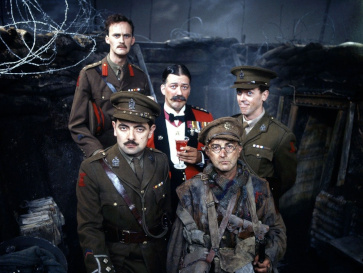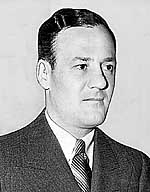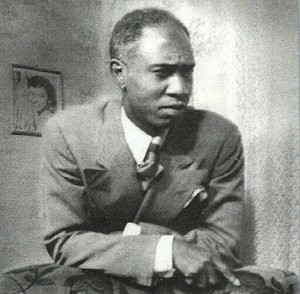A synthetic personality is a constructed, friendly, approachable persona, often used in broadcast media. The term was initiated by Andrew Tolson, and is related to face and politeness theory.
A persona, in the word's everyday usage, is a social role or a character played by an actor. The word is derived from Latin, where it originally referred to a theatrical mask. The Latin word probably derived from the Etruscan word "phersu", with the same meaning, and that from the Greek πρόσωπον (prosōpon). Its meaning in the latter Roman period changed to indicate a "character" of a theatrical performance or court of law, when it became apparent that different individuals could assume the same role, and legal attributes such as rights, powers, and duties followed the role. The same individuals as actors could play different roles, each with its own legal attributes, sometimes even in the same court appearance. According to other sources, which also admit that the origin of the term is not completely clear, persona could possibly be related to the Latin verb per-sonare, literally: sounding through, with an obvious link to the above-mentioned theatrical mask, which often incorporated a small megaphone, as can be seen here http://world4.eu/roman-theatre-masks/.

Broadcasting is the distribution of audio or video content to a dispersed audience via any electronic mass communications medium, but typically one using the electromagnetic spectrum, in a one-to-many model. Broadcasting began with AM radio, which came into popular use around 1920 with the spread of vacuum tube radio transmitters and receivers. Before this, all forms of electronic communication were one-to-one, with the message intended for a single recipient. The term broadcasting evolved from its use as the agricultural method of sowing seeds in a field by casting them broadly about. It was later adopted for describing the widespread distribution of information by printed materials or by telegraph. Examples applying it to "one-to-many" radio transmissions of an individual station to multiple listeners appeared as early as 1898.

Politeness is the practical application of good manners or etiquette. It is a culturally defined phenomenon, and therefore what is considered polite in one culture can sometimes be quite rude or simply eccentric in another cultural context.
Tolson focuses upon how the speech genre of chat is found across many broadcasts, including interviews. He identifies three features:

Online chat may refer to any kind of communication over the Internet that offers a real-time transmission of text messages from sender to receiver. Chat messages are generally short in order to enable other participants to respond quickly. Thereby, a feeling similar to a spoken conversation is created, which distinguishes chatting from other text-based online communication forms such as Internet forums and email. Online chat may address point-to-point communications as well as multicast communications from one sender to many receivers and voice and video chat, or may be a feature of a web conferencing service.
- topical shift towards the 'personal'
- the shift may be accompanied by displays of wit
- opens up the possibility of transgression (the interviewee asking the interviewer questions)
He describes an interview between Robin Day and Margaret Thatcher in which the discourse about the General Election shifts to the personal.

Sir Robin Day was a British political broadcaster and commentator.

Margaret Hilda Thatcher, Baroness Thatcher, was a British stateswoman who served as Prime Minister of the United Kingdom from 1979 to 1990 and Leader of the Conservative Party from 1975 to 1990. She was the longest-serving British prime minister of the 20th century and the first woman to hold that office. A Soviet journalist dubbed her "The 'Iron Lady'", a nickname that became associated with her uncompromising politics and leadership style. As Prime Minister, she implemented policies known as Thatcherism.









